Bali’s streets and beaches are like you’ve never seen them before – devoid of tourists and traffic.
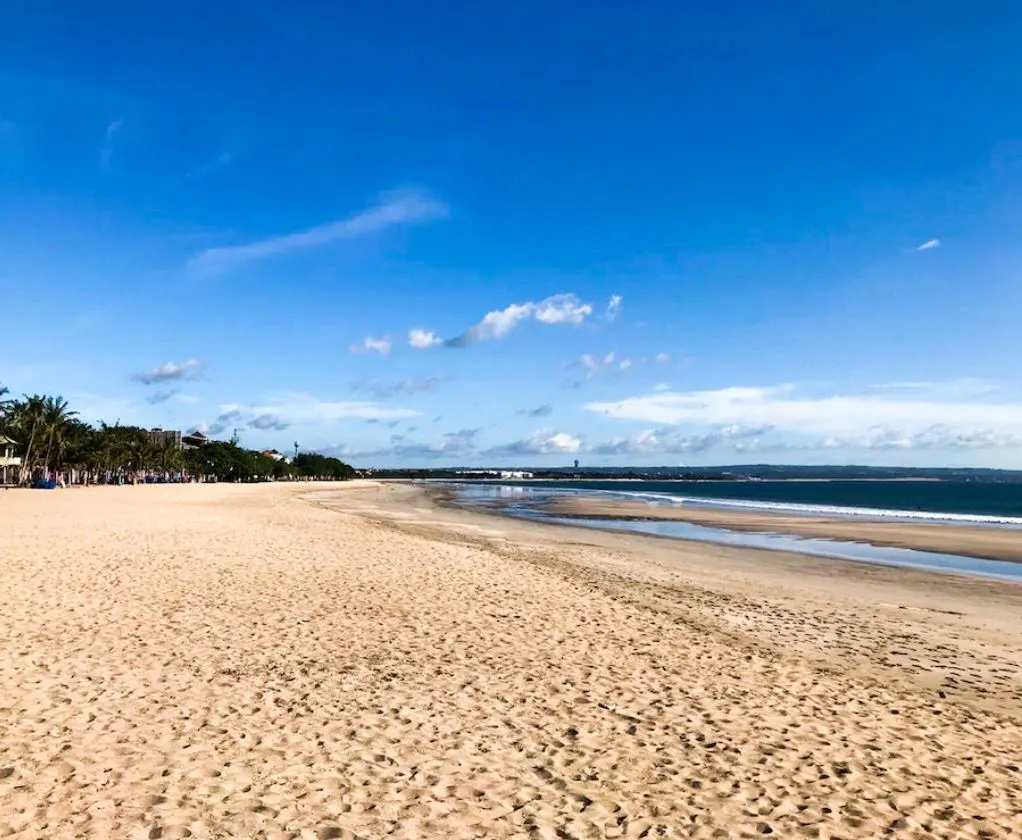
As the police, military and disaster mitigation agency again conducted widespread disinfectant spraying using water cannons, and Bali beaches were closed to the public, the holiday island’s state of emergency took effect.
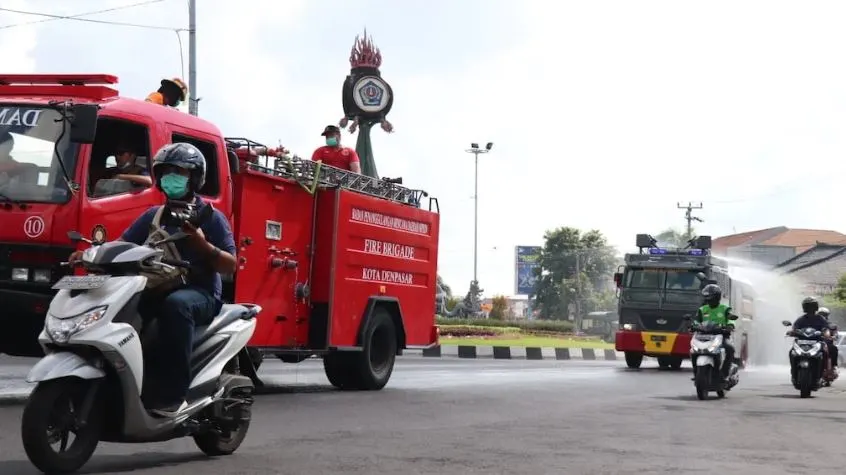
It came as the Indonesian government decided to ban all foreign tourists from arriving on its shores in a bid to stem the rising coronavirus spread around the country.
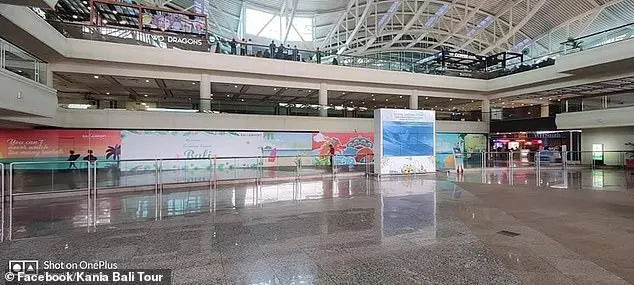
Bali’s tourist industry is now decimated by the COVID-19 pandemic and Indonesian authorities are playing catch up to stem what many believe will be an avalanche of virus cases when it takes hold.
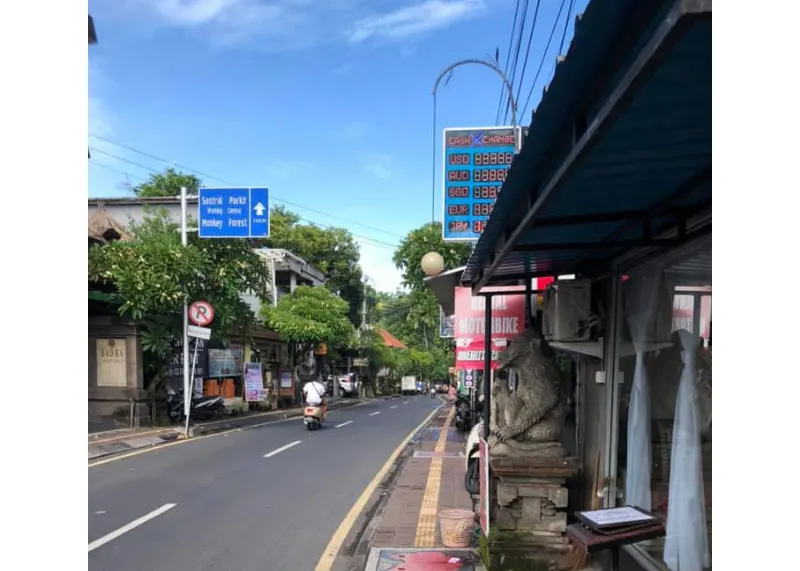
For days now, water cannons have blasted Bali streets with disinfectant while local village communities have conducted their own localised spraying in lanes and less accessible areas.
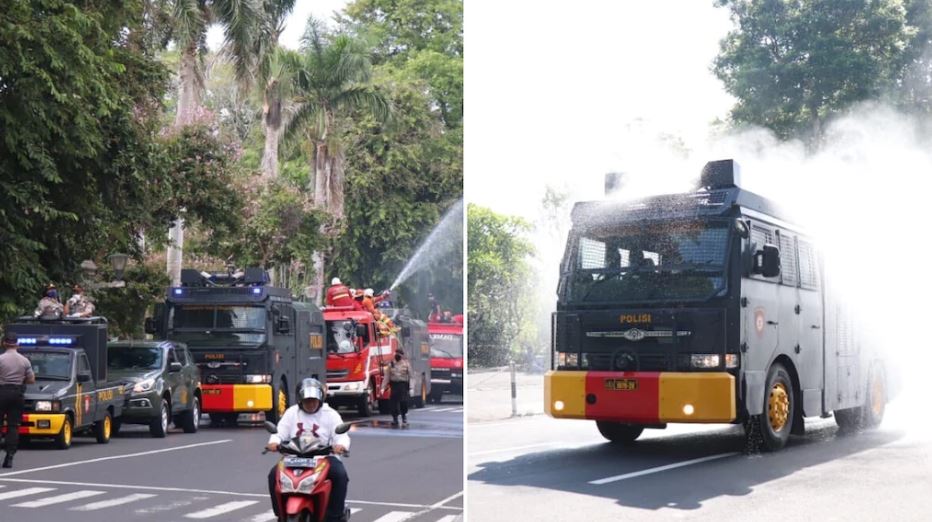
All court trials and judicial matters are now being conducted online and prisoners are locked down in jails, unable to receive any visitors.
Kerobokan jail in Bali has stopped taking any new inmates, authorities fearful that new arrivals will bring COVID-19 into the dreadfully overcrowded jail.
Instead, they are being kept at police station cells.
Indonesian President Joko Widodo has declared a public health emergency and imposed large-scale social restrictions to deal with the looming catastrophe.
But he has been criticised for not taking a more hard-line decisive approach and instead keeping his eyes on the economic impact of shutting down the nation.
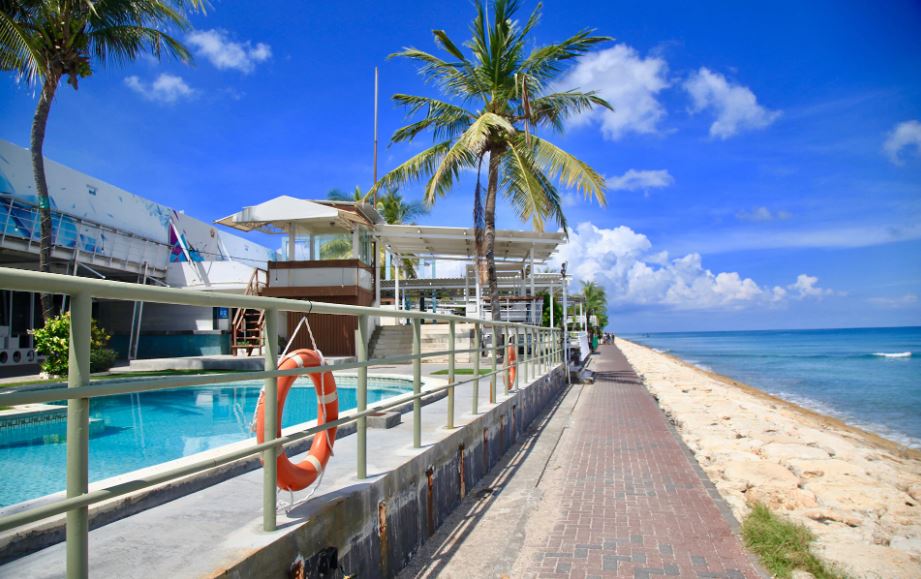
Penalties for breaching social distancing and government COVID-19 policies are four and a half months in jail.
Declaring a health emergency allows the opportunity for regions to lock down or quarantine themselves – something which so far has been resisted.
For the latest Bali news, Debate & Gossip join our Facebook Community
Post Sponsored by Bali Flow Tours: Travelers #1 choice for private tours and airport transfers in Bali
Source:7News
Discover more from The Bali Sun
Subscribe to get the latest posts sent to your email.

